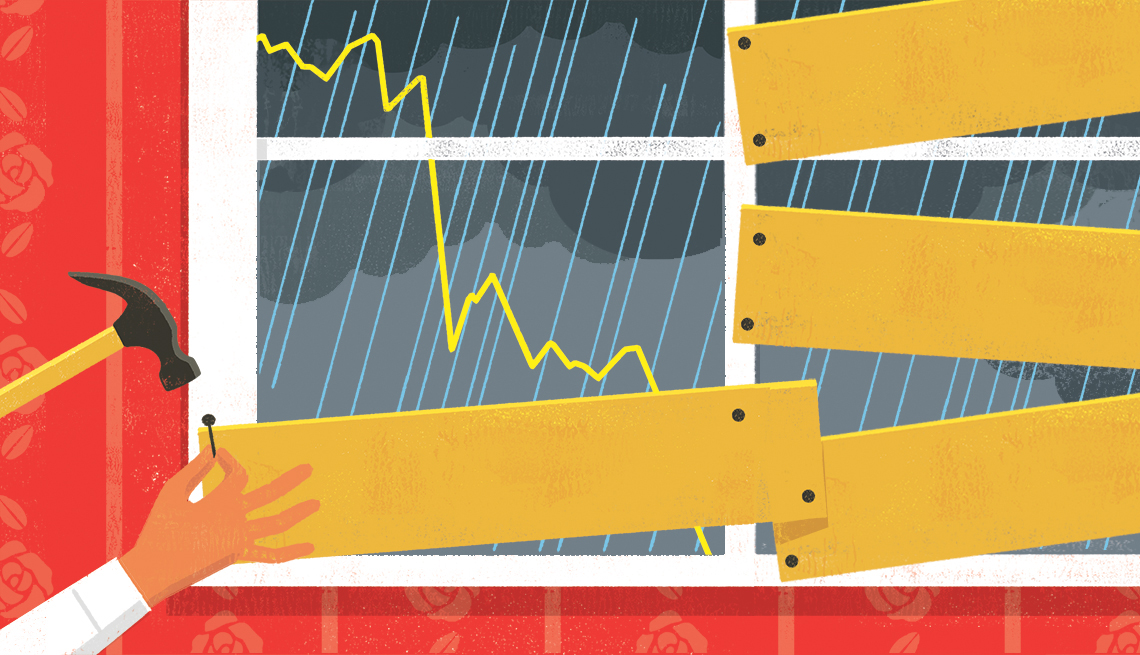
Smart money moves to weather the financial storm
- Select a language for the TTS:
- UK English Female
- UK English Male
- US English Female
- US English Male
- Australian Female
- Australian Male
- Language selected: (auto detect) - EN
Play all audios:

4. COMMUNICATE WITH LENDERS AND LANDLORDS. If you are having a hard time making a payment, get in touch with your auto lender, landlord or mortgage provider to work out a payment plan. For
instance, you may be able to defer payments and have them added to the end of your term. “For a lot of folks, if they could defer one month's mortgage payment, it could bridge them
through a hard time,” says Phil Dyer, a financial planner in Towson, Maryland. The CARES Act gives homeowners with federally backed mortgages the right to apply to delay payments up to six
months and gives tenants a four-month moratorium on evictions from properties that are part of government programs or that have a federally backed mortgage loan. 5. PAY DOWN COSTLY DEBT. If
you charged a lot on your credit card in the past couple of months, aim to pay off your debt quickly. Alternatively, you might want to transfer your debt to a low- or zero-interest card,
suggests Anthea Perkinson, a financial planner in Pelham, New York. “You can find cards that offer zero interest on charges for 15 months,” she says. “If you need to, you can put groceries
on it and wait to take money out of the market." 6. AVOID MAJOR CHANGES. Hold off on significant financial decisions, like buying a new house or retiring. “Press the pause button and
reevaluate your situation,” recommends Dawn Brown, a wealth adviser at Lassus Wherley in New Providence, New Jersey. Another reason not to hand in your notice: “If your industry is shaky,
you may get laid off and could possibly collect unemployment benefits for a while,” says Lauren Locker, a financial planner in Little Falls, New Jersey. “That way, you can delay your
decision to retire until you can better assess your finances.” And, of course, do the following: 7. IF POSSIBLE, BUILD YOUR CASH RESERVES. Think of your bank accounts as floats; the bigger
they are, the more secure you'll be during storms. “If you have income coming in, divert more cash to savings,” urges Cynthia Flannigan, a financial planner in Burlingame, California.
“If you think your company might be hurt by this slowdown, reduce expenses to increase your emergency fund by another month or so.” 8. SLASH YOUR SPENDING. It's easy enough to curtail
spending on lunches and clothing when you're staying close to home. But go to the next level. Review several past bank and credit card statements to examine more deeply where your money
is going. “Look at services that are on auto pay and determine if you really need them,” Dyer says. Maybe now is not the time, for example, to have HBO, Netflix and Hulu subscriptions.
